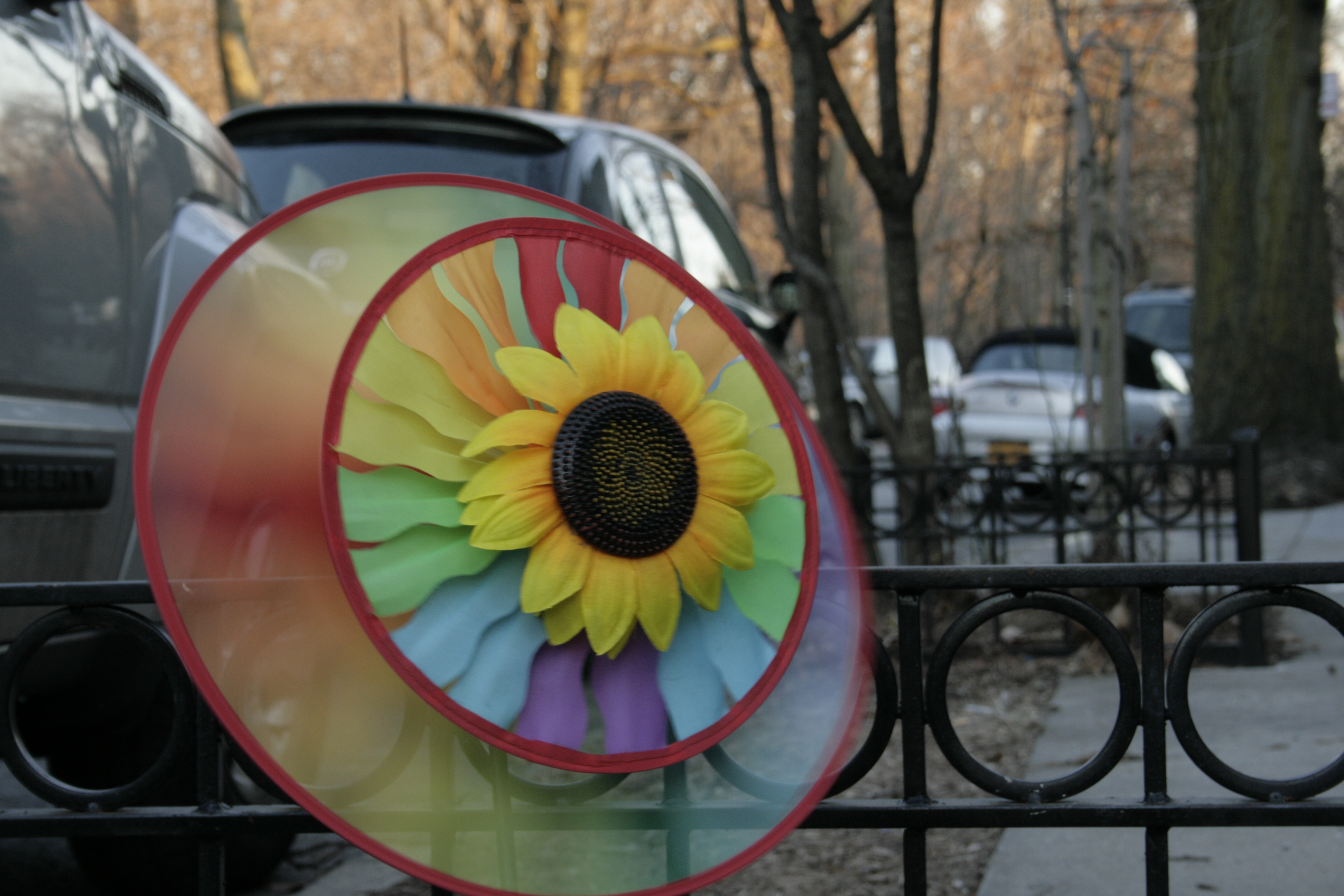Fighting Depression at Dawn
I woke last Thursday to the sounds of my daughter chatting over the baby monitor. She babbled for a bit, laughed once or twice, and then said “mama.” It started as a whisper but before long she was yelling it, not aggressively but longingly — happily.
I went into her room, lifted her from her crib, and held her for a moment before she squirmed out of my arms. I watched her run down the hall. She was moving so fast her nightgown couldn’t keep up. I couldn’t keep up. When she realized I wasn’t following her, she turned around and stopped. She placed one hand her hip, a gesture I still do not know where she picked up, and reached her other hand out toward me, signaling me to follow. I, of course, obliged.
This is nothing new. In fact, most mornings start this way, with a toddler everything is about consistency, repetition, and Elmo. So why do I tell this story? Why share this mundane moment?
It is because on this day, like many days, depression stole this moment. Normally I wouldn’t even recall it because depression tends to make moments like this fuzzy — they are the pieces of your life left just outside the bounds of a pictures frame. But I do remember it because 1) it is the same moment almost everyday and 2) it was the same day an essay of mine — on postpartum depression — went live on Scary Mommy (the first depression or parenting story I have shared on a site not my own). That said, as I walked down the hall that morning I knew it was going to be “one of those days.” I was moving forward and engaged, but I wasn’t truly there. Something was missing, feelings were missing, and I was numb.
As the day progressed and my words reached hundreds and thousands and, later, tens of thousands, and women commented about my strength and thanked me for sharing my story, I felt myself pulling inward. I wanted to respond to each and every comment because every woman who responded to me was worth it, but it took me a bit because I had to pull back.
Here’s the thing: I didn’t want to tell the women reaching out to me “it will get better.” Yes, it eventually does, but that is not what someone suffering from depression wants to hear, or needs to hear, and it seemed especially blasphemous coming from my mouth — well through my keyboard. I wanted to find a way to tell these women it was okay to not be okay. It was okay to cry and scream and ask for help, but telling others that meant I had to believe it myself. I had to believe in asking for help (a huge problem for me still not because of the “stigma” surrounding mental illness but because of my self-imposed expectations), and I had to believe, truly believe, I was okay with not being okay.
Yikes.
So instead of responding I silently trolled my article for hours. It wasn’t until I’d read dozens of comments that something clicked, that things came into focus: these women weren’t coming to me because they wanted answers (there is no magic “fix” for depression, and they already knew that) they were coming to me because they wanted to connect, to realize they weren’t alone. I didn’t have to tell them it would get better because, deep down, they knew it would…just like they know it may first get worse.
With a fifteen year history of depression, I settled on advice I could swallow — on words I could believe. I validated their feelings and told them to hang on because they were worth it. I reminded them of their amazing strength and assured them that they weren’t bad moms. I referred to them as survivors instead of sufferers.
And something amazing happened to me as I responded to women and mothers that day and the next day , and all weekend long: I looked at my disease differently — in a way I haven’t in a number of years. I have my bad days and my better days. I know that and I always will. While I may not have good days, in a conventional sense, there are moments I can enjoy. There are moments I do enjoy. While sometimes those moments are just memories, i.e. sometimes I can feel the love and support of a hug and other times it seems like a strange and foreign gesture, the memory of the love — and what I love — is still there.
So I won’t sit here and tell you “it will get better.” What I will tell you is the same thing I tell myself: stay strong. You are worth it. Life is worth it. It may not always feel that way, and you may even tell yourself otherwise, but that voice isn’t real. It is the voice depression and not your own, so keep fighting it, and keep fighting for you. And when you feel like the fight is gone and you can’t hold on any longer, think of these memories. Think of the love you felt and the joy and laughter you remember, and hold on for a minute longer, because you can feel those feelings again. You will. Just hang on for another 60 seconds, and then a minute more, because there are unlimited possibilities just outside your pictures frame.


![By Apfel3748 [GFDL (http://www.gnu.org/copyleft/fdl.html), CC-BY-SA-3.0 (http://creativecommons.org/licenses/by-sa/3.0/) or CC BY-SA 2.5-2.0-1.0 (http://creativecommons.org/licenses/by-sa/2.5-2.0-1.0)], via Wikimedia Commons](https://sunshineandspoiledmilk.com/wp-content/uploads/2015/07/Arschbombe-Unterwasser-e1436814167352.jpg)


Thank you.
Thank you for reading, Sophia Lynn.
one of my earlier reads when I got to learn of your website, still resonates with me, and partly inspired my blog’s tagline, ‘So moms will know they are not alone’. this post, and Fahrenheit, stuck with me, etched somewhere deep. more ink to your pen Kimberly.
Thank you, and ink to yours <3
Hi Kimberly,
I was searching for some articles about depression today and I came across your page: http://sunshineandspoiledmilk.com/2015/05/04/fighting-depression-at-dawn/
I noticed that you linked to one of my favourite articles: http://www.helpguide.org/articles/depression/depression-signs-and-symptoms.htm
Just wanted to give you a heads up that I just wrote a similar one. It’s like the article on helpguide.org, but more thorough and up to date: https://inspireyourselflc.org/depression-signs-symptoms-causes-test-treatment/
Might be worth a mention on your page.
Either way, keep up the great work!
Toronto Life Coach Giovanni Maccarrone
http://www.inspireyourselflc.org